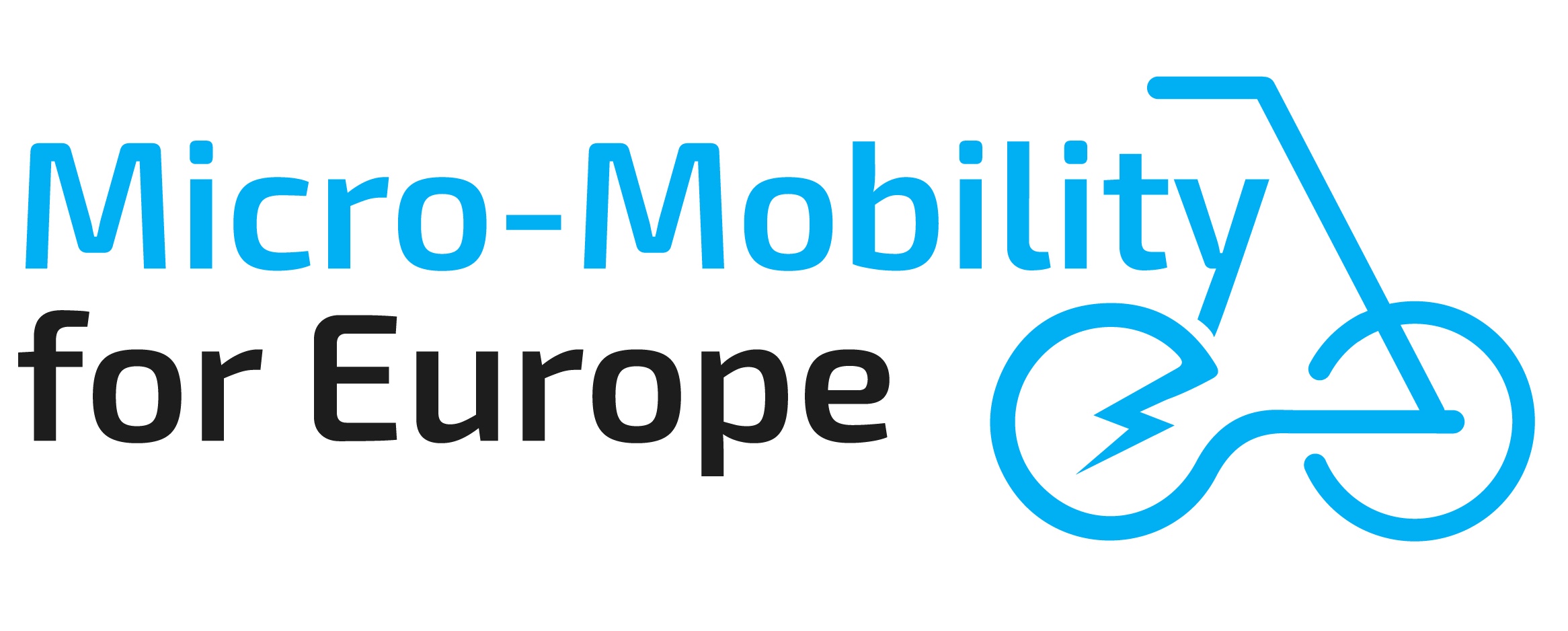March 2023
On 07 March 2023, the European Parliament’s Urban Intergroup and Micro-Mobility for Europe hosted a debate around the challenges and opportunities of active and micro-mobility, in the context of the NUMF. Following the first edition in January 2023, today’s debate was yet again composed of excellent speakers:
- MEP Andrey Novakov (EPP, BG), TRAN Rapporteur on the NUMF
- MEP Andreas Schieder (S&D, AT) Vice-President of the Urban Intergroup and TRAN Shadow-Rapporteur on the NUMF
- MEP Ciarán Cuffe (Greens/EFA, IE), TRAN Shadow Rapporteur on NUMF
- MEP Marcos Ros Sempere (S&D, ES), REGI Rapporteur for Opinion on the NUMF
- Pauline Aymonier, Micro-Mobility for Europe Co-Chair
- Pedro Homem de Gouveia, Senior Policy & Project Manager at POLIS

Panellists identified new mobility services such as micro-mobility as a complement to public transport, walking and cycling and expressed support for the coexistence of different modes. With the uptake of cycling and micro-mobility, speakers called for more dedicated infrastructure to accommodate citizen’s need for safe mobility, as an enabler for decarbonising urban transport.
With regards to safety and speed, participants expressed the need to limit the speed of micro-mobility devices, while acknowledging that speed reduction should happen across all modes to ensure a level-playing field and enhanced safety on the streets. To avoid individual privately owned devices traveling at very high speeds, a need to harmonise technical standards of personal mobility devices was identified.
Speaker’s statements
MEP Andrey Novakov (EPP, BG) stated that “we need to create a common standard for micro-mobility which is in the interest of the industry. These standards would make everybody safe and tolerant of the vehicle”. Furthermore, he acknowledged the role micro-mobility can play in particular for first and last-mile trips and called for the coexistence of modes.
MEP Andreas Schieder (S&D, AT) identified public transport as the backbone of urban mobility and agreed that ”we want to have a strong modal split between the different modes of transport” and emphasised his commitment to decarbonise urban mobility and working towards the implementation of sustainable urban mobility strategies.
MEP Ciaran Cuffe (Greens/EFA, IE) acknowledged that “there is an absolute potential for micro-mobility as part of the solution for cities. We think that we need a modal shift, away from more harmful modes to the modes which are good for cities and neighbourhoods“. Furthermore, regarding urban space, Cuffe noted that the dimensions of private vehicles are increasing, which adds to the scarcity of space available for other modes.
MEP Marcos Ros Sempere (S&D, ES) highlighted the need to reorganise public space in European cities by allocating more funds for active and micro-mobility to be accessible to all levels of society. According to Ros Sempere, rethinking urban space and promoting a variety of mobility solutions will have a positive effect on citizens’ quality of life.
Pedro Homem de Gouveia, POLIS, called micro-mobility the ‘gateway drug to active mobility’. He stressed that we can not have coexistence without lowering speed limits on our streets, not only for micro-mobility but also for private cars. Furthermore, he noted that ‘we have a disappropriate allocation of space but we also have a completely disappropriate allocation of speed.’ He suggested sharing more space in cities for all modes of transport while lowering the speed.
Pauline Aymonier, Micro-Mobility for Europe, emphasised that ”active and micro-mobility are two sides of the same coin. Micro-mobility is not only about e-bikes and e-scooters but it is about creating a multimodal transport network that is more sustainable, safe and offers an alternative to car-dominated mobility.” Aymonier highlighted that shared e-scooters show a twice lower fatality risk than private e-scooters, based on data of 200 million trips from 2021. Moreover, she stated that between 25% and 55% of shared micro-mobility users report regularly using shared e-scooters to go to or from a public transit station, with 12-17 % of trips replacing car rides.
Voices from the audience
Annick Roetynck, LEVA-EU stated that existing rules are not fit for purpose and asked how technical specifications will be addressed in the TRAN Committe’s INI Report on the NUMF.
Christy Pearson, Voi, welcomed the speakers’ pledge for making more infrastructure available and asked where the space needed for micro-mobility should come from.
Tim Asperges, City of Leuven, raised safety concerns and asked for more data on the modal shift as a consequence of the availability of micro-mobility. He also flagged that shared mobility will have a vital role in future mobility.
Fuensanta Martinez Sans, ACEA, called on applying sustainable urban mobility indicators (SUMI) to shared mobility as SUMI only covers public transport for the moment.


